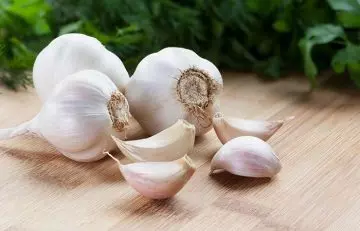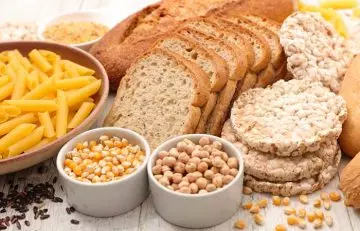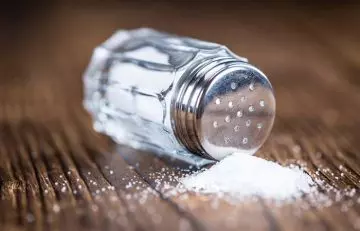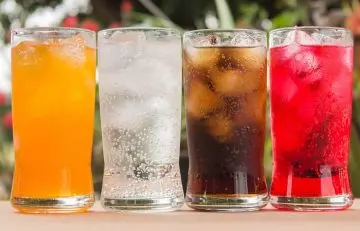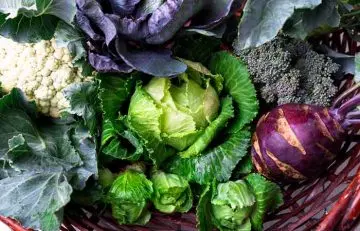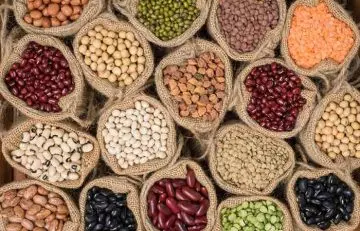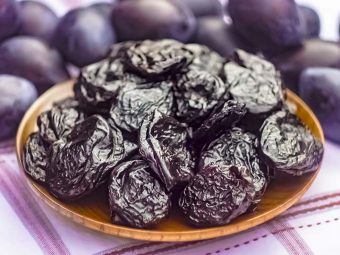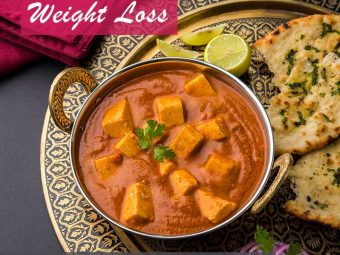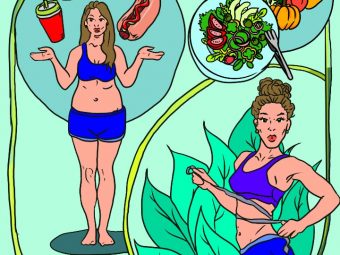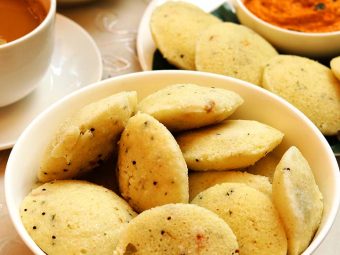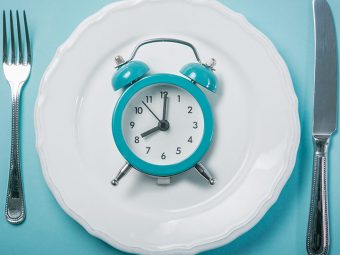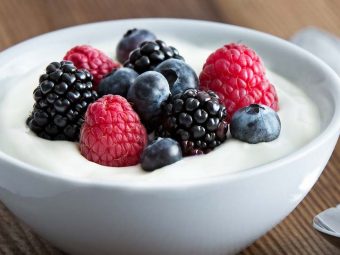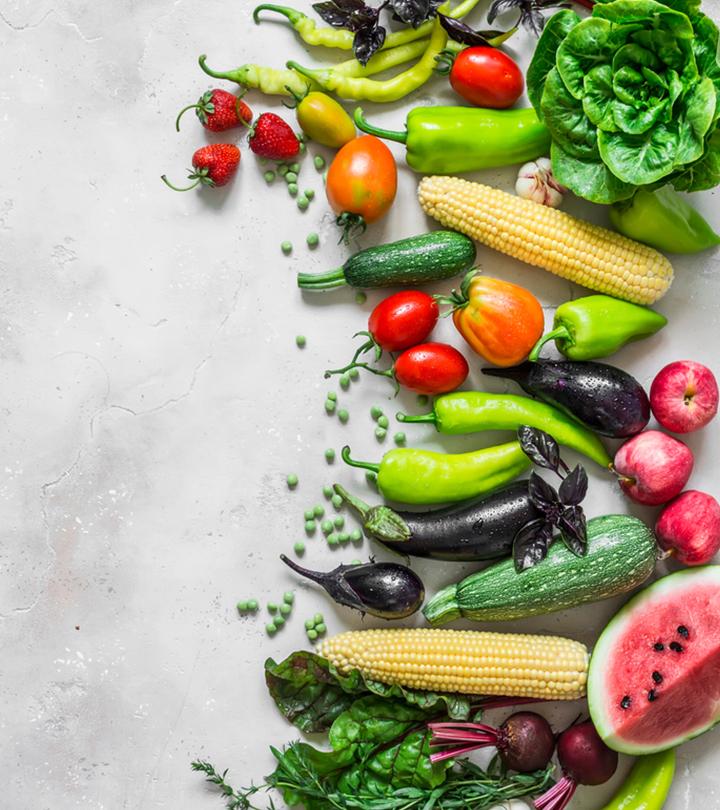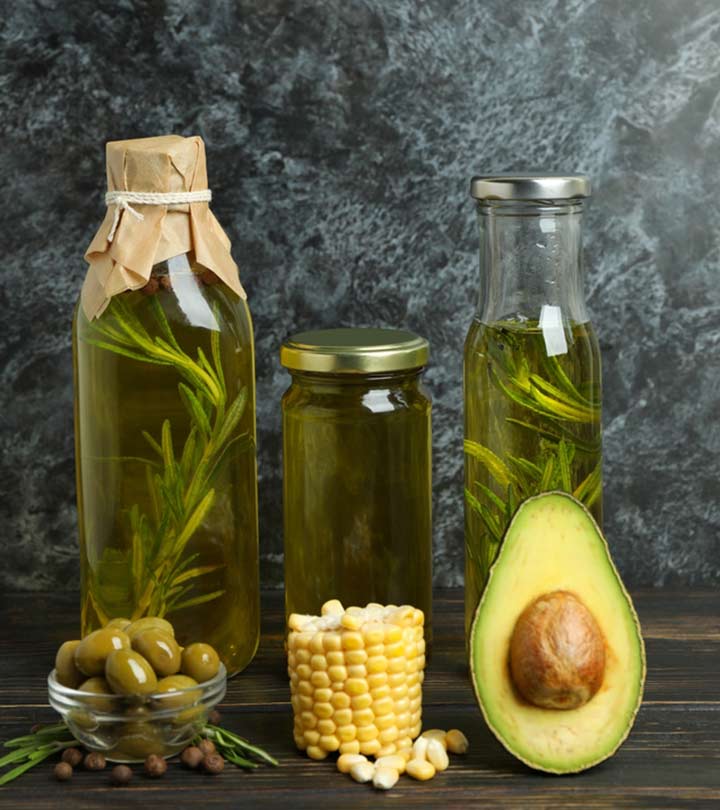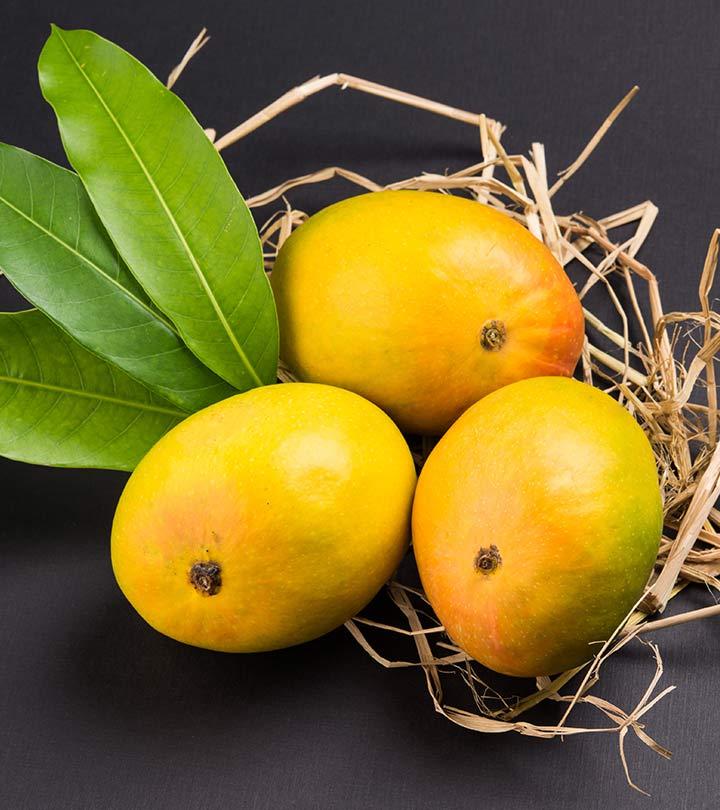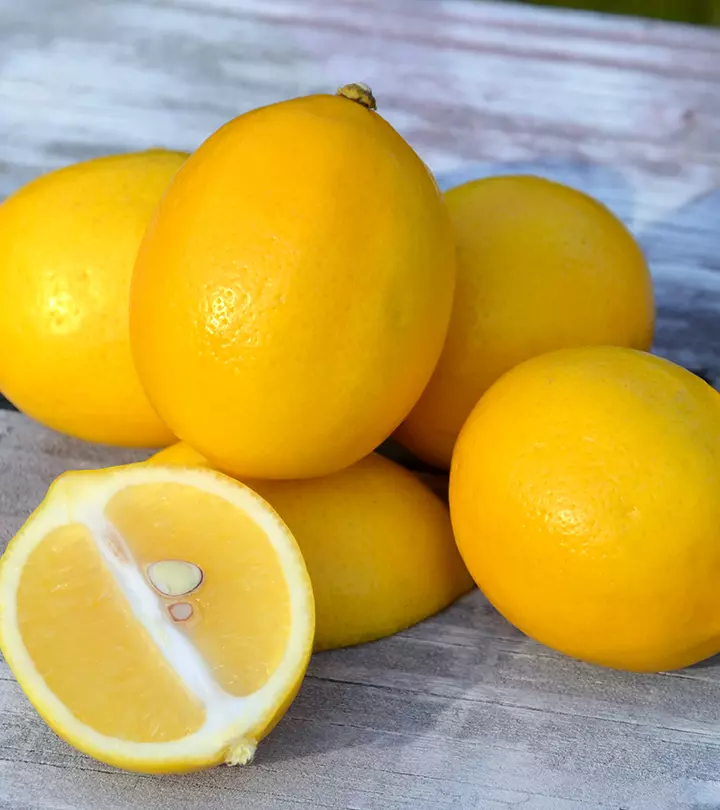6 Foods To Avoid Before 10 A.M. To Reduce Belly Bloating

Image: Shutterstock
Picture this: A look in the mirror post a meal (that was barely the size of an apple!) shows you the miserable sight of a bloated stomach. It’s staring you in the eye and making you feel like you’re pregnant. The sad part is that you didn’t even pig out. But what do you do? Don’t you just hate it when your stomach decides to be a rebel and manages to stick out more than needed? The only good thing about bloating is you get to experience life in the shoes of a balloon — inflated and in a discomforting pressure.
Bloating just makes us want to stare right back at the mirror and question our food choices. Although bloating is a temporary side effect of overeating, consumption of certain dairy products, and even constipation, it can be highly irksome (1). It is basically the inflation of the stomach caused due to an excessive production of gas in the stomach. While the mirror is busy mocking us for attaining a post-feast belly even without gorging a wholesome meal, maybe we should take a look at the foods we should avoid in order to bid adieu to bloating.
1. Garlic
We know that the movies and books have glorified garlic for its vampire tackling capabilities, but amongst the copious other benefits of eating garlic there is one black spot — and that’s bloating.
Garlic belongs to a food category called the FODMAP or Fermentable Oligosaccharides, Disaccharides, Monosaccharides, and Polyols (2). These are found in certain fruits, vegetables, grains, and dairy. These chains of sugar are poorly absorbed in the small intestine. Therefore, they produce gas and eventually attract water upon reaching the large intestine. People who have irritable bowel syndrome are particularly sensitive to FODMAP foods as they’re broken down by the gut bacteria, leading to the production of gas, ergo bloating occurs (3).
2. Gluten
Guys, first know your gluten and then say no to gluten. Pizza, bread, cereals, bagels, and biscuits are all high in gluten. The grains found in barley, rye, and wheat is what makes gluten. So, if you have celiac disease (i.e. if you’re allergic to wheat), consuming gluten-free products is not a good choice for you as you’ll have to put up with the pain and misery of bloating (4), (5).
3. Salt
Salt adds taste to our food and maybe that’s why we go a little overboard with this kitchen staple. But, hey, too much is too bad, right? Overconsumption of salt leads to retention of water in the stomach (6). And the science behind this is simple. The sodium content in salt is transferred into the body fluids, and when this happens, it delays the expulsion of water from the cells. This makes our stomach feel full and makes it bloat. So, do you think it is wise to switch to using more of herbs, peppers, or other condiments, thereby diminishing the use of salt? Well, we think it’s wise.
4. Carbonated Beverages
If you’re a conscious eater, aerated drinks and carbonated beverages are territories that have been cordoned off. Soda and carbonated beverages lead to an increased presence of carbon dioxide in your body, which ultimately causes bloating (7). Do you notice the number of burps you have after consuming carbonated beverages? That’s your body’s way of expelling the excess carbon dioxide from the body. If this gas goes unreleased, it leads to bloating. So, if you’re looking for an alternative to aerated drinks, get your hands on a glass of flavored water. Mix some mint or cucumber in plain water. Or you could try ginger or peppermint tea if you suffer from indigestion.
5. Cabbage, Broccoli, And Other Cruciferous Vegetables
Cruciferous vegetables are loaded with ‘raffinose,’ a kind of sugar that is digested by the body only after the bacteria in the gut does its job. This produces gas. You don’t have to say goodbye to the cruciferous friends if you know how to maintain a balance with them. Cook the vegetables properly so that the fibers are softened and some of the water is cooked out. As a result, it will consume less space, thereby preventing bloating greatly.
6. Legumes
You might have to say goodbye to rajma chawal. Sorry guys, but legumes are really not your best friend when it comes to the gas they induce. We know it breaks your heart to think of rajma chawal or baked beans as your foe. However, these legumes contain fibers and sugars that are not easily absorbed by the body. So, the large intestine has to really work hard for a hassle-free digestion (8). Beans, lentils, and peas are all active players that cause bloating. The only way to continue eating your favorite rajma chawal without your tummy mimicking a balloon is by getting your body used to it. Team your legumes with some carbs and your body should be able to handle it.
So, if you find yourself constantly dealing with a bloated tummy, just do a quick check of your diet and make sure you avoid these aforementioned foods. What are the other foods that cause bloating? How do you deal with it? Let us know in the comments below!

